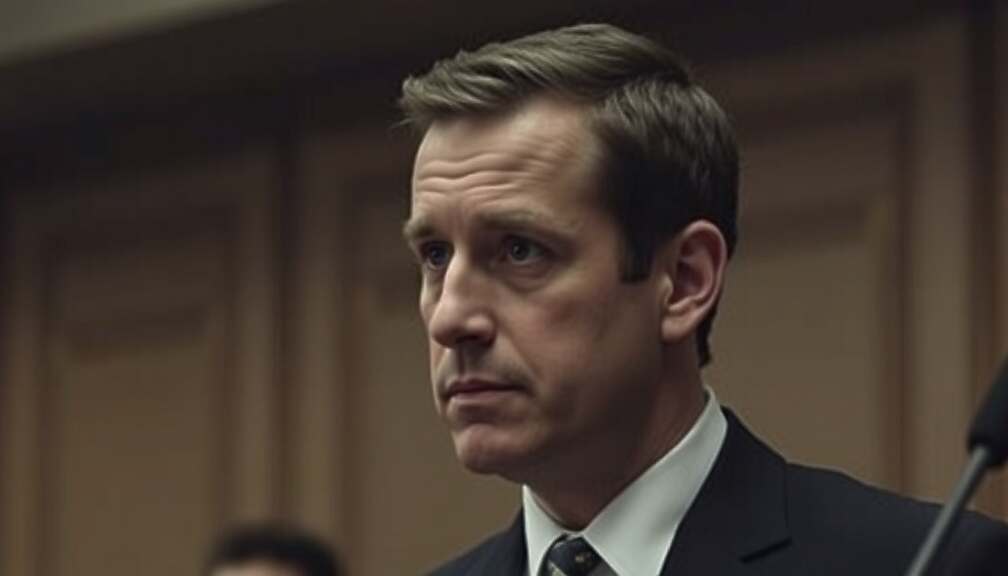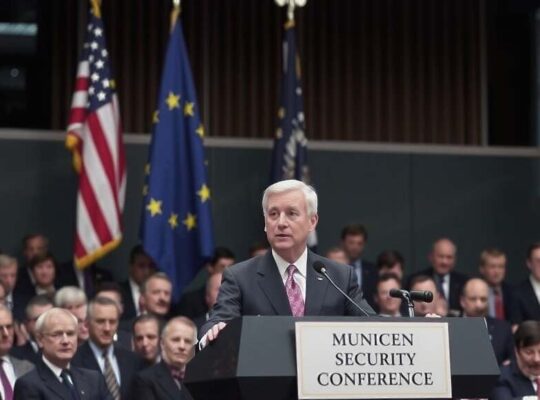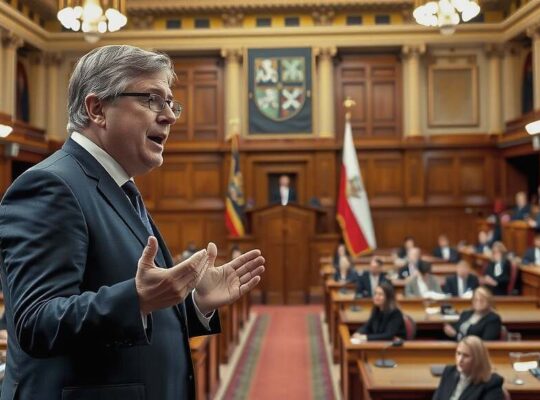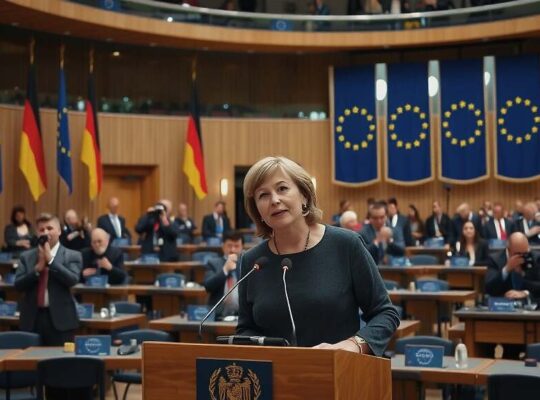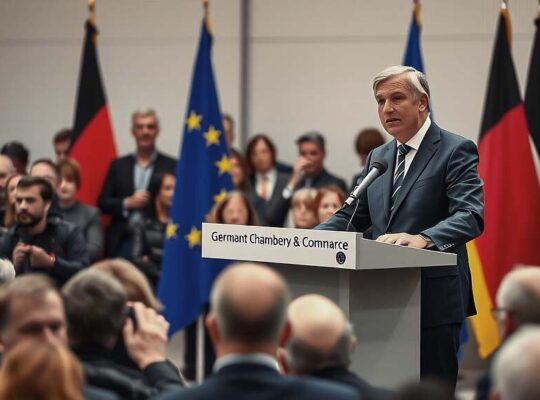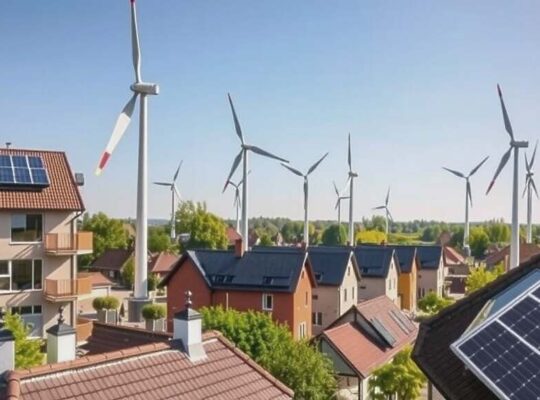A growing divergence in energy policy is emerging between two high-ranking German government officials. Carsten Schneider, Federal Minister for the Environment, has publicly distanced himself from the recently outlined energy objectives presented by Federal Minister for Economic Affairs, Katherina Reiche.
In a contribution published in the Handelsblatt business newspaper, Schneider expressed concerns that a fluctuating or inconsistent approach to energy policy risks escalating costs and jeopardizing Germany’s climate targets. Reiche’s proposals, detailed last week, included a reassessment of expansion goals for hydrogen infrastructure.
Schneider’s commentary highlights a perceived slowdown in the development of hydrogen technologies, asserting that revising targets is not a viable solution. He also voiced skepticism about Reiche’s plans to potentially integrate carbon capture and storage (CCS) technology with gas-fired power plants. Schneider argues that newly constructed gas power plants should be designed and ready for hydrogen utilization, stating that CCS adoption for gas plants is currently and likely to remain, an uncompetitive technology. He warned that reliance solely on gas-fired power plants, even with CCS, represents a “dead end” for climate policy.
Beyond hydrogen and gas, Schneider further cautioned against slowing the expansion of Germany’s electricity grid. He emphasized the necessity of an accelerated grid build-out, aligned with the expansion requirements of renewable energy sources. The differing viewpoints suggest a potential policy debate within the German government regarding the optimal path to achieving energy transition goals.


